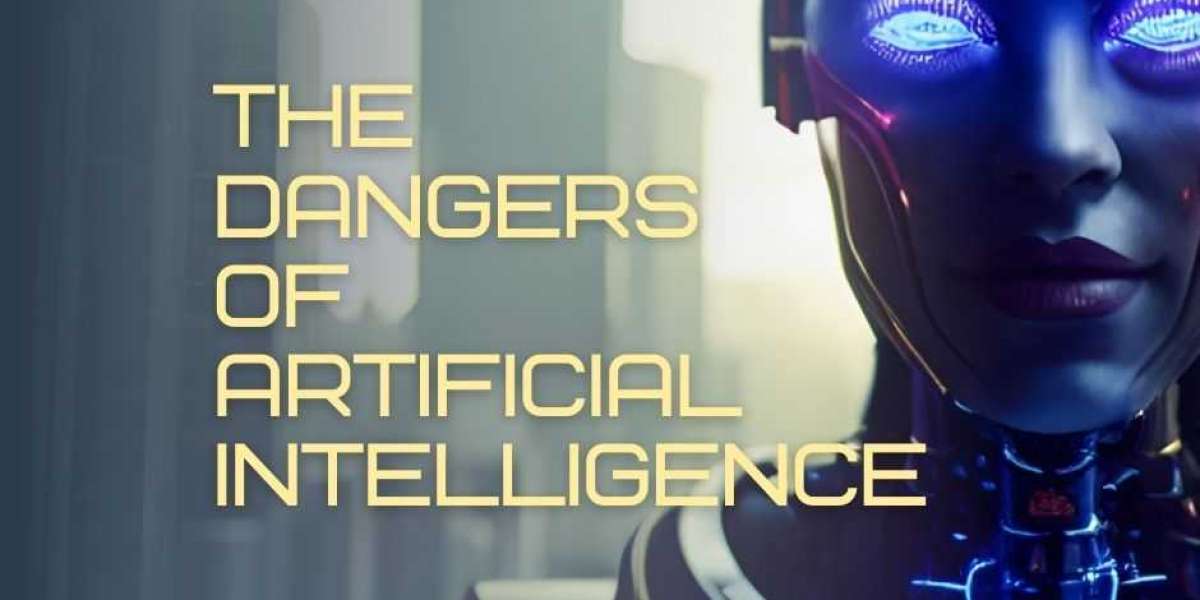1. Bias and Discrimination: AI systems are trained on vast amounts of data, and if the data used to train them is biased, the AI systems can perpetuate those biases. This can result in biased decisions or outcomes, leading to discrimination against certain groups of people based on race, gender, age, or other characteristics.
2. Lack of Accountability and Responsibility: As AI systems become more complex and autonomous, it can be difficult to attribute responsibility when things go wrong. This can lead to challenges in determining who is accountable for AI-generated decisions or actions, particularly in legal or ethical contexts.
3. Security Risks: AI systems can be vulnerable to cyberattacks, data breaches, and malicious use. Hackers can manipulate AI models or use AI-generated content for malicious purposes, such as spreading misinformation, deepfakes, or conducting automated cyberattacks.
4. Job Displacement and Economic Impact: As AI systems automate tasks and processes, there is a risk of job displacement in certain industries, potentially leading to economic disruption and social inequality. Workers in jobs that are susceptible to automation may face challenges in transitioning to new roles or finding alternative employment.
5. Ethical Concerns: AI raises ethical concerns related to privacy, consent, and fairness. For example, AI systems may collect and analyze vast amounts of data, raising concerns about privacy and consent. Decisions made by AI systems, such as autonomous vehicles or facial recognition technology, can also raise ethical questions related to fairness, accountability, and human rights.
6. Lack of Transparency and Explainability: AI models can sometimes operate as "black boxes," meaning that their decision-making processes are not transparent or explainable. This lack of transparency can make it challenging to understand how AI systems arrive at certain decisions, which can be a barrier to building trust and understanding the implications of AI-generated outcomes.
7. Ethical and Moral Dilemmas: AI systems can raise complex ethical and moral dilemmas, such as autonomous weapons, surveillance, and human augmentation. These dilemmas involve questions of morality, values, and societal impact, and can be difficult to navigate and resolve.



